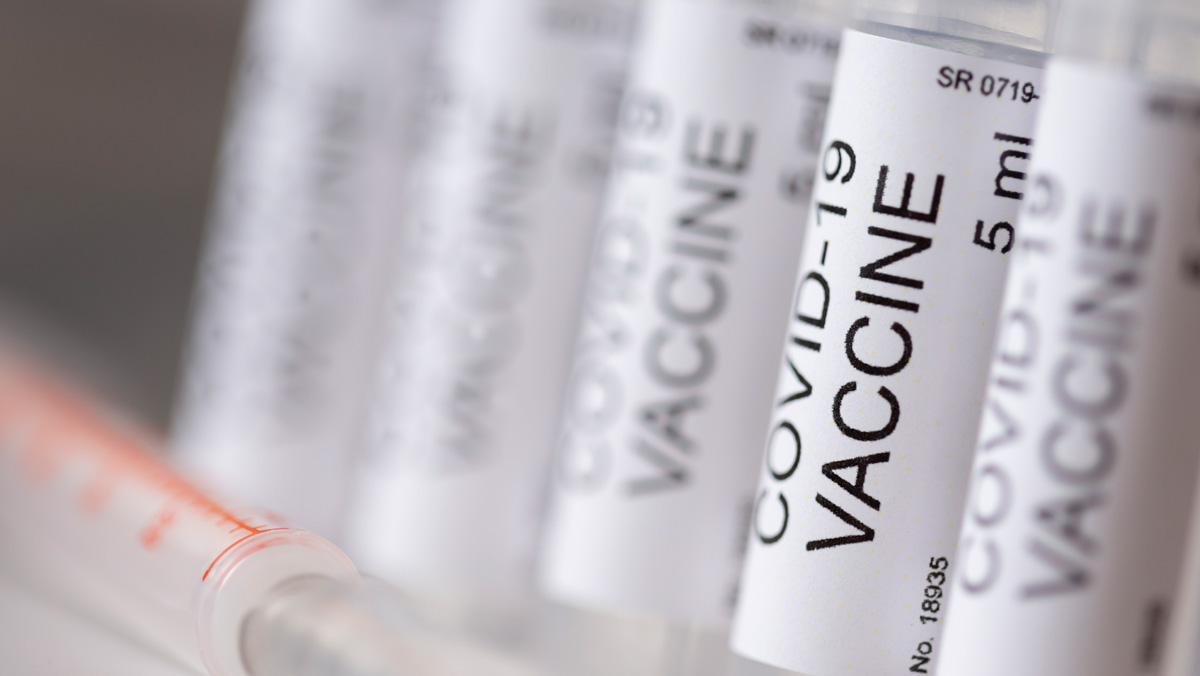BioNTech, CureVac claim bulk of Germany’s €750m COVID-19 vaccines fund

In May, Germany pledged to provide up to €750 million ($889 million) in funding to support vaccines against COVID-19, and the main recipients have now been revealed – BioNTech, CureVac and IDT Biologika – which are all German biotechs.
Mainz-based BioNTech’s vaccine programme – partnered with Pfizer and China’s Shanghai Fosun Pharma – is in line for the largest share of the pot, getting €375 million, while Tübingen firm CureVac will get €252 million. Both of these vaccines are based on RNA and in phase 3 and phase 1 testing, respectively.
The amount due to be awarded by Dessau-based IDT Biologika – whose non-replicating viral vector shot is further back in development – is still being discussed, according to German broadcaster Deutsche Welle.
The German government said that the funding is intended to get the projects through development more quickly, hopefully so they are available next year, and to increase manufacturing capacity to meet the massive demand.
The lead candidate in BioNTech’s BNT162 vaccine programme has already started phase 3 testing in Europe, the US, Brazil and Argentina with an enrolment target of 28,000 people, and according to the biotech could be approved by the end of the year.
Earlier clinical data has shown that the vaccine can stimulate neutralising antibodies against SARS-CoV-2 and was well-tolerated with a transient mild to moderate fever being the main side effect seen in less than 20% of recipients.
CureVac’s CVnCoV candidate started trials in Germany and Belgium in June, and the company says it expects to receive up to €103 million this year and another €149 million in 2021. A Phase 2b/3 trial is due to start before the end of 2020.
Last month, CureVac said it was in “advanced discussions” with the European Commission for the supply of up to 405 million doses of its vaccine.
RNA vaccines have advantages over some other vaccine types because they can be easily and cheaply produced and are given at very low doses.
Rather than relying on the administration of vaccine antigens like conventional vaccines, RNA vaccines provide the instructions to cells in the body to produce the antigen themselves – in the case of SARS-CoV-2 the spike or ‘S’ protein is used by the virus to attach to host cells.
IDT Biologika said in July that it had produced enough of its Modified Vaccinia Ankara (MVA) based vaccine to start phase 1 trials at the Universitätsklinikum Eppendorf in Hamburg. The shot uses the same underlying technology as smallpox vaccine.
At last count, there are 180 coronavirus vaccines at various stages of development around the world, including 35 already at the human testing stage, according to the World Health Organization.












